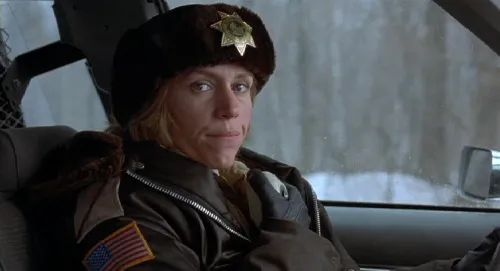
Ever wonder if your favorite actor is just *acting* or if a little bit of their real self shines through in their most iconic roles? It’s a question that fascinates us all, blurring the lines between the person and the persona. Sometimes, it’s pure magic, an actor so perfectly suited for a role that it feels like destiny, drawing on their genuine life experiences to bring an unparalleled authenticity to the screen. Other times, however, the off-screen drama isn’t just a juicy tabloid headline; it spills over, impacting careers, entire shows, and even tarnishing beloved legacies.
Hollywood, as we know, is a wild and wonderful place where reality often proves stranger than fiction. From actors whose personal histories eerily mirrored their on-screen characters, allowing them to tap into a deeper well of understanding, to those whose real-life controversies became so explosive they led to the cancellation or significant alteration of hit series, the intersection of an actor’s life and their craft is endlessly compelling. These are the moments when the curtain between stage and life truly thins, revealing just how deeply intertwined the two can become.
We’re about to take a whirlwind tour through 14 remarkable instances where actors’ off-screen lives, behaviors, or pasts didn’t just influence their roles—they practically *became* them. Get ready to explore the stunning parallels, the shocking downfalls, and the incredible transformations that prove sometimes, the best (or worst) acting happens when no acting is required at all. Let’s dive into the first half of these unforgettable tales!
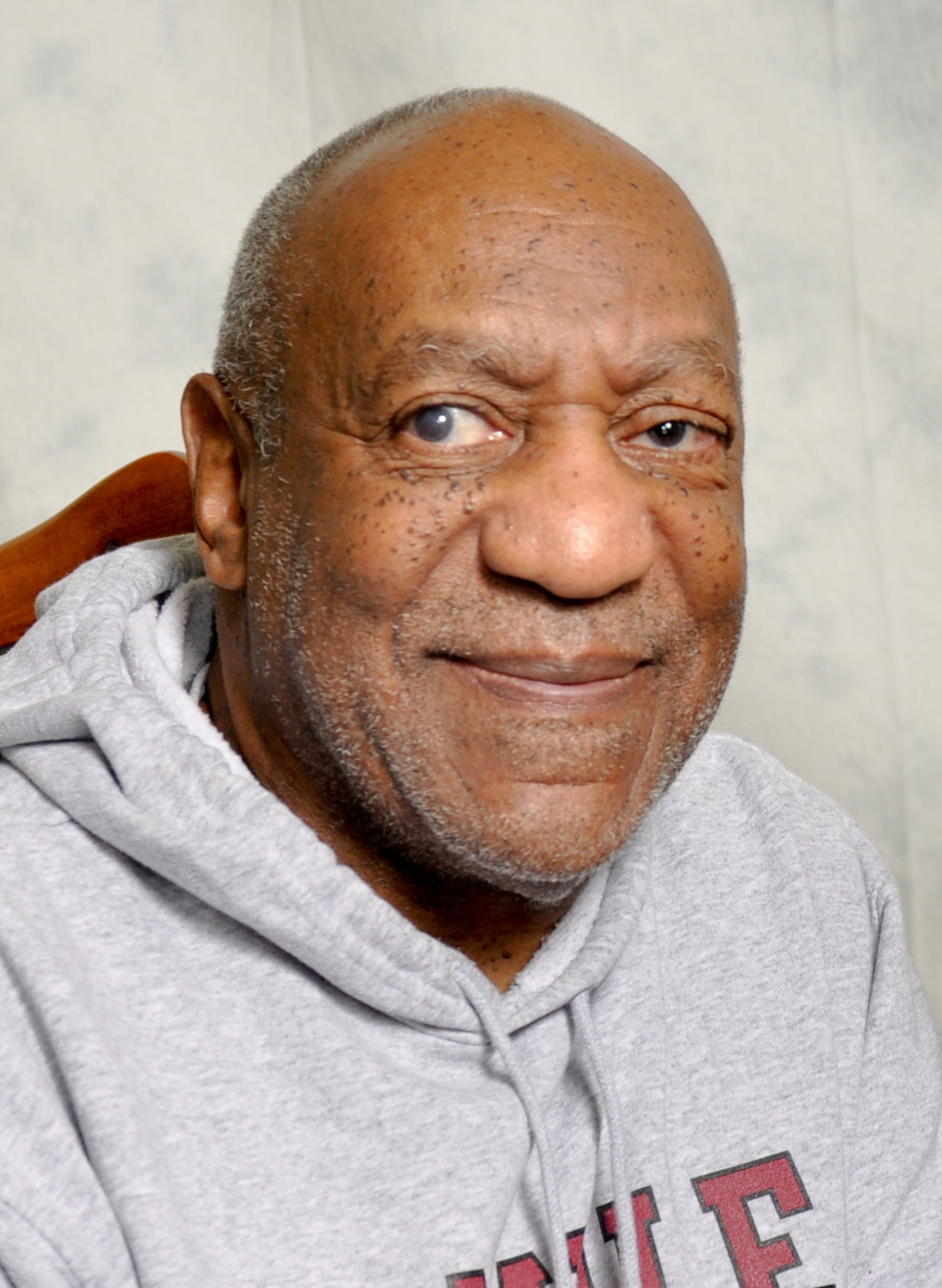
1. **Bill Cosby (The Cosby Show)**For years, *The Cosby Show* was synonymous with wholesome family entertainment, presenting a beloved patriarch that resonated deeply with audiences around the world. Bill Cosby’s image was one of unparalleled success, a groundbreaking comedian and actor who built an empire on humor and a seemingly impeccable moral compass. His contributions to entertainment, particularly in breaking racial barriers, were widely celebrated and seen as an inspiration.
However, this once-wholesome image took an incredibly dark and devastating turn. Numerous women came forward with accusations of sexual assault against Cosby, allegations that rightly tarnished his reputation beyond repair. The sheer volume and severity of these claims led to a massive reevaluation of his entire career and public persona, stripping away the goodwill he had accumulated over decades.
These allegations didn’t just impact Cosby; they cast a long, dark shadow over *The Cosby Show*’s legacy, a show that was once a beacon of television excellence. Despite its groundbreaking success and cultural impact, the very foundation upon which it was built became irrevocably compromised. The show’s re-runs were pulled, and its place in television history became a subject of intense debate, forever linked to the severe actions of its star.

2. **Roseanne Barr (Roseanne)**Roseanne Barr was a television icon, known for her sharp wit and her ability to capture the essence of the working-class American family in her hit sitcom, *Roseanne*. The show’s original run was immensely popular, and its 2018 reboot was met with enthusiastic viewership, proving her enduring appeal and the character’s relevance decades later. Fans were thrilled to see the Conner family back on their screens, tackling contemporary issues with humor and heart.
But the triumphant return was short-lived and came to an abrupt, controversial end. A widely condemned racist tweet from Roseanne Barr in 2018 caused an immediate and furious backlash. The tweet, which targeted a former Obama administration official, was deemed unacceptable by the network and the public, sparking outrage across social media and news outlets.
ABC, the network behind the reboot, wasted no time in responding. In light of the problematic Twitter post, they swiftly canceled the successful series, making it clear that such behavior would not be tolerated. While the *Roseanne* reboot was gone, the network quickly launched a spinoff, *The Conners*, carefully continuing the story of the family without its controversial matriarch, a clear testament to the impact of one actor’s off-screen actions.

3. **Charlie Sheen (Two and a Half Men)**For years, Charlie Sheen was one of television’s highest-paid actors, charming audiences as the womanizing jingle writer Charlie Harper on *Two and a Half Men*. His comedic timing and undeniable on-screen charisma made the show a massive hit, and his character became a cultural phenomenon. It seemed like nothing could stop the show’s runaway success or Sheen’s seemingly effortless ability to entertain.
However, behind the scenes, and increasingly in public, Sheen’s personal life began to spiral out of control. His very public meltdown became one of the most notorious scandals in TV history, characterized by erratic behavior, widely publicized substance abuse issues, and increasingly hostile conflicts with the show’s creator, Chuck Lorre. It was a spectacle that captivated headlines and left fans bewildered.
The situation became untenable, leading to his eventual firing from the series, a move that shocked the industry. He was dramatically replaced by Ashton Kutcher, in an attempt to salvage the show. Sadly, *Two and a Half Men*, despite its initial popularity, struggled significantly to regain its footing and the magic it once had, ending a few seasons later as a shadow of its former self, a stark reminder of how deeply an actor’s personal turmoil can impact their professional endeavors.

4. **Kevin Spacey (House of Cards)**Kevin Spacey was once a long-standing and critically acclaimed member of the *House of Cards* cast, delivering a powerful and chilling performance as the Machiavellian politician Frank Underwood. His portrayal was central to the show’s success, anchoring the complex narrative and earning him widespread praise. The series was a flagship production for Netflix, solidifying its place in original content creation.
But the actor’s world, and the show’s future, came crashing down with stunning speed. Multiple allegations of sexual misconduct swiftly emerged against Spacey, creating an immediate and irreversible crisis. The severity of the accusations meant there was no turning back, and the industry reacted with decisive action.
Netflix swiftly removed him from the series, severing all ties. This resulted in a final season that struggled immensely without its central character, attempting to reconfigure its narrative around Claire Underwood. The scandal significantly affected the quality and viewership of the show, demonstrating how profoundly the actions of a single actor can jeopardize an entire production, leaving a tainted legacy for what was once a highly respected series.
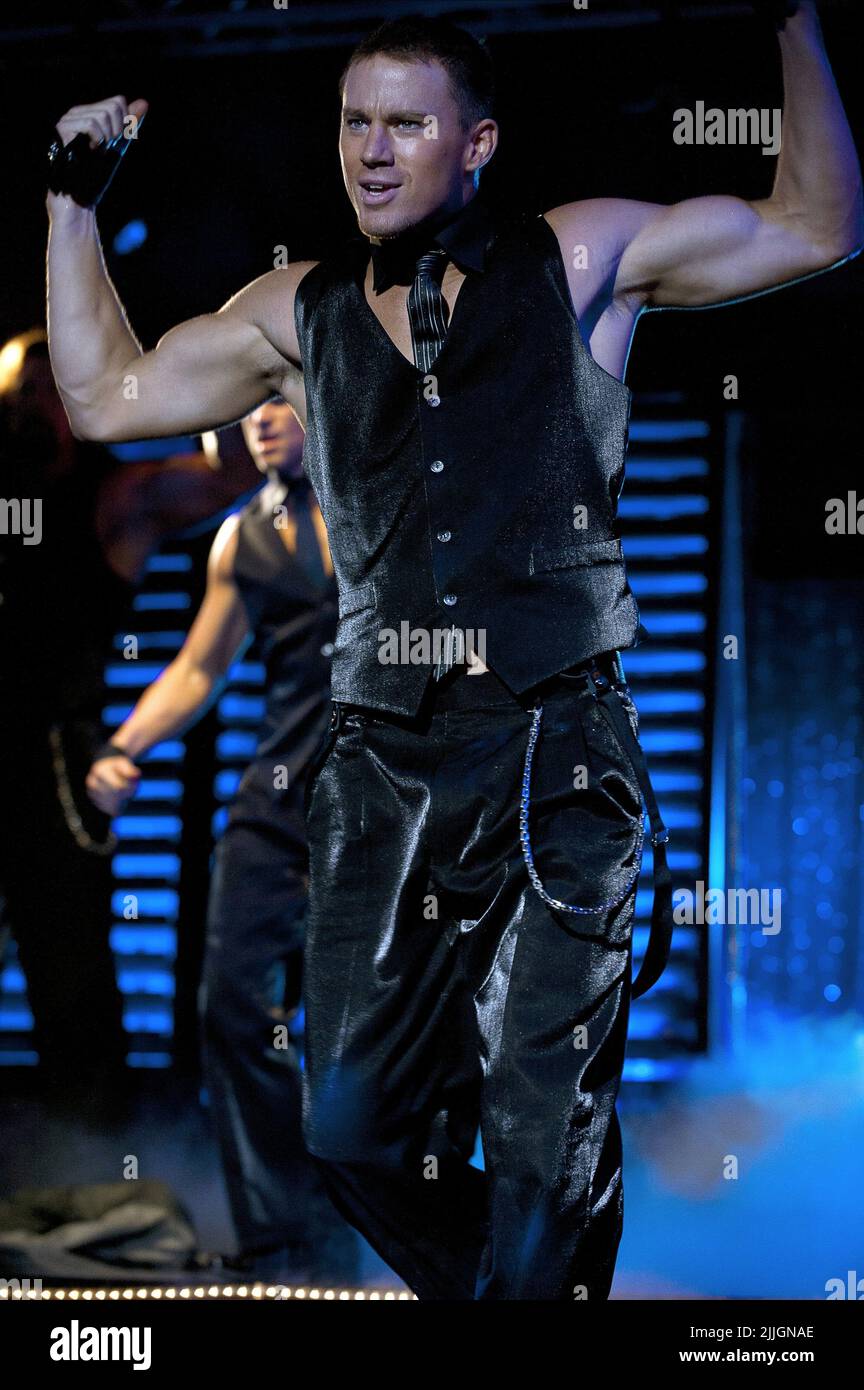
5. **Channing Tatum (Magic Mike)**Shifting gears dramatically, let’s talk about an actor whose real-life experiences didn’t just inform his role, but actually *inspired* an entire film: Channing Tatum in *Magic Mike*. While the movie isn’t strictly based on a true story or specific real people, it definitely reflected some deep, personal experiences from Tatum’s past. His portrayal felt incredibly authentic, and for good reason!
Before he hit it big in Hollywood, Tatum worked as a stripper for about eight months when he was 18 years old. It was a relatively short period, as he noted, not something he made a career out of, but it was formative. He openly shared that the movie ended up taking direct inspiration from some of his real-life adventures and observations during that time, giving the film an undeniable layer of truth.
Tatum explained to The Aquarian, “I did do it for about eight months of my life, which is a relatively short period of time. It’s not like I made a career out of it or anything. This movie is really a bit of an explanation of my brief experience in that world.” He even touched on how he represented “a new generation of strippers where it was no longer about the long hair and all that, but about hip-hop and kinda doing your own thing,” truly bringing his unique perspective to the role and the film’s narrative.

6. **Eminem (8 Mile)**Next up, we have another incredible instance of life imitating art, or perhaps more accurately, art deeply informed by life: Eminem’s starring role in *8 Mile*. This film resonated so powerfully with audiences because it was loosely based on his challenging experiences growing up in the gritty landscape of Detroit. He brought a raw, visceral authenticity to the screen that few could have matched.
In the film, Eminem portrayed Jimmy Smith Jr., who goes by the name B-Rabbit, a determined young man trying desperately to break through in the local hip-hop scene. The struggles, the battles, the dreams of escaping poverty through music were all elements that mirrored the rapper’s own journey, making his performance incredibly compelling and believable.
Eminem clarified his connection to the role in an interview with Rolling Stone, stating, “I don’t play me in the movie.” However, he quickly added, “There are similarities because I sat down with Scott Silver, the scriptwriter, and told him instances from my life that were used in the movie, some exactly the way they happened, some a little bit different.” This personal input ensured that B-Rabbit’s story felt deeply authentic, fueled by the real experiences of the artist playing him.
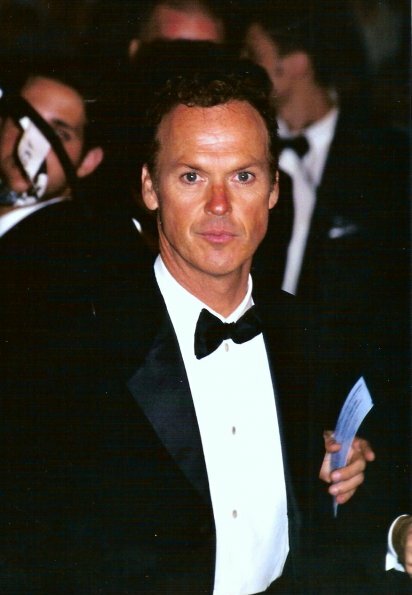
7. **Michael Keaton (Birdman)**Finally, for this section, let’s talk about Michael Keaton in *Birdman*, a performance so meta it almost felt like a documentary of his own career. While the film isn’t based on Keaton’s life, he and his character, Riggan Thomson, share some striking, almost uncanny similarities that made his casting feel utterly perfect. It was a masterstroke of casting that added incredible depth to the narrative.
Both Michael Keaton and his character had famously portrayed superheroes on the big screen, a detail that resonated deeply with viewers familiar with Keaton’s iconic turn as Batman. This shared history wasn’t accidental; director Alejandro Gonzále specifically cast Keaton because of these parallels, understanding the added layer of authenticity and irony it would bring to the film.
Alejandro Gonzále explained his decision to Fresh Fiction: “Well, Keaton, obviously he adds a lot of reality to the film, and that was great, but at the same time he had a lot of authority. He is one of the few persons that has worn that cape and is a pioneer of that superhero thing…” Gonzále further praised Keaton’s “craft and the range to play in drama and comedy” and his ability to be both a “prick” and someone truly “adorable,” making him the ideal, bold choice for a role that mirrored aspects of his own illustrious career.
Wow, if you thought the first seven instances were wild, buckle up, because we’re only halfway through this incredible ride! Hollywood continues to serve up stories stranger than fiction, where the lines between an actor’s life and their on-screen persona don’t just blur—they practically disappear. Sometimes it’s the shocking off-screen drama that sends ripples through entire productions, proving that not even the most beloved characters are immune to real-world consequences. And then there are those legendary transformations, the actors who don’t just *play* a role, they *become* it, diving headfirst into immersive techniques that push the boundaries of their craft. From devastating controversies to profound personal sacrifices, get ready to explore seven more unforgettable tales where truly ‘no acting was required’!

8. **Lori Loughlin (Fuller House)**Our journey continues with a story that genuinely shocked fans to their core: Lori Loughlin. For years, she was synonymous with the wholesome, loving Aunt Becky from the iconic *Full House* and its sequel, *Fuller House*. Her on-screen persona was one of grace, warmth, and unwavering family values, making her a beloved fixture in millions of American homes, a comforting sense of nostalgia.
This carefully cultivated public image, however, took a dramatic and unforeseen hit. In a high-profile college admissions scandal, Loughlin’s involvement became a massive news story, sparking widespread public outrage. The allegations, painting a picture of privilege and deceit, stood in stark contrast to the squeaky-clean, moral character she had so successfully embodied for decades. It was a jarring contradiction that left many fans feeling betrayed.
The fallout from these legal troubles was immediate and severe. While *Fuller House* was already approaching its final season, Loughlin’s legal entanglements ensured she would not appear in the concluding episodes. This absence forced the show to navigate its ending without a key character, undoubtedly altering the planned narrative.
Her removal from the series and subsequent legal battles served as a powerful, real-world example of how an actor’s off-screen actions, particularly those that violate public trust, can irrevocably tarnish their professional standing and the legacy of their most cherished roles.
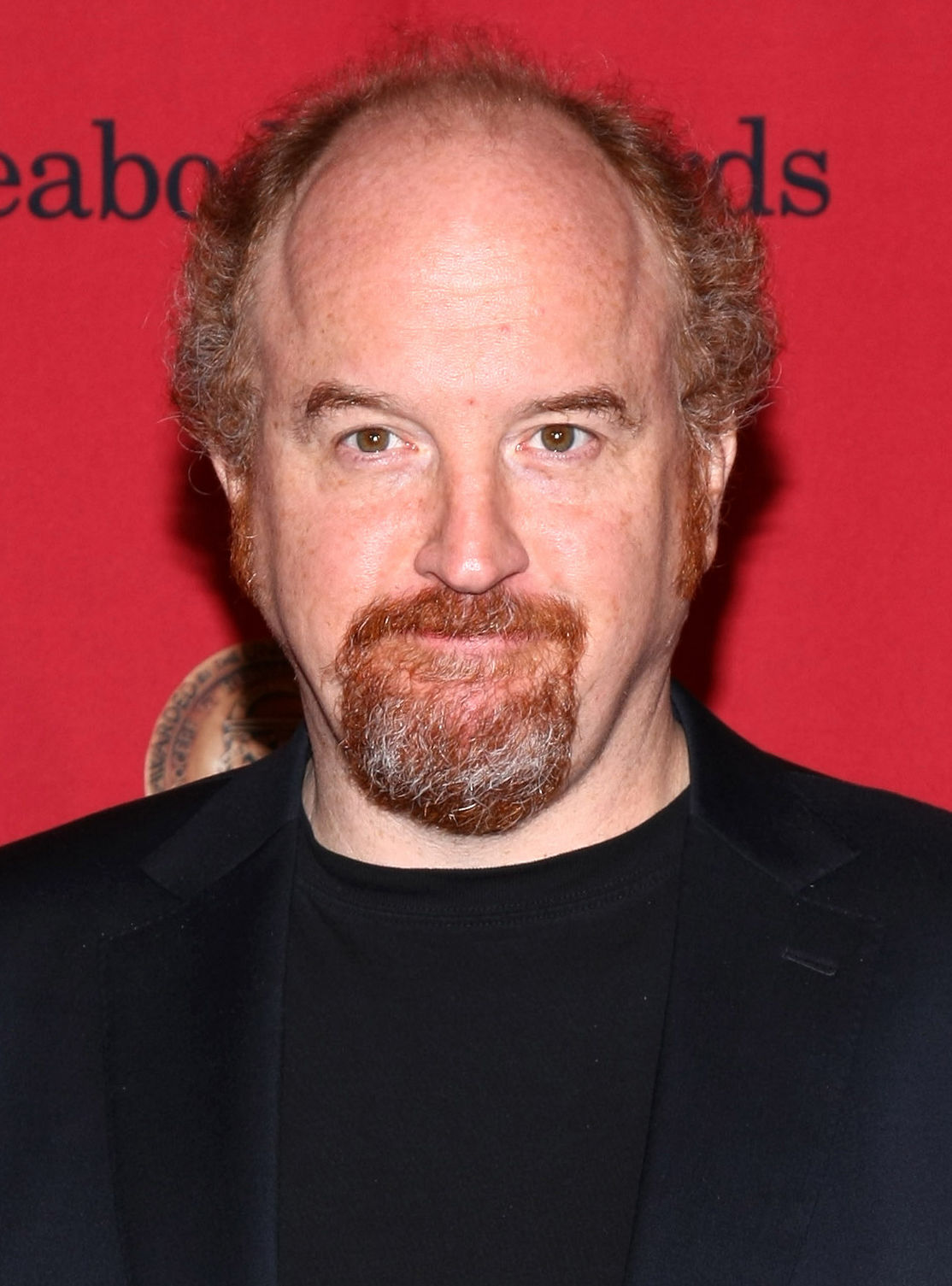
9. **Louis C.K. (Louie)**Our list takes another serious turn with the acclaimed comedian and actor Louis C.K. His show *Louie* was a groundbreaking achievement in television, celebrated for its unique blend of dark, introspective humor, raw honesty, and a deeply personal exploration of his character’s life. He was lauded as a fearless, singular voice, blurring the lines between stand-up and serialized drama.
But the career and artistic reputation that Louis C.K. had meticulously built over decades came crashing down with stunning speed. Harrowing allegations of sexual misconduct emerged against him, sending shockwaves through Hollywood. These were not just whispers; they were detailed accounts that he eventually admitted were true, leading to widespread condemnation and reevaluation of his entire body of work.
The impact on his professional life was immediate and devastating. FX, the network that aired *Louie* and championed his creative freedom, swiftly severed all ties with the comedian. Although the show was on an extended hiatus when allegations surfaced, it was never revived. The network’s decisive action underscored a clear message that such behavior would not be tolerated.
The scandal left an indelible and deeply tainted legacy, irrevocably altering the public’s perception of his work and challenging audiences to reconcile the art with the artist. It serves as a stark reminder that while creative genius can captivate, personal actions carry profound consequences that can dismantle a career.

10. **Daniel Day-Lewis (Lincoln)**When the discussion turns to actors who never break character, one name stands head and shoulders above the rest: Daniel Day-Lewis. His portrayal of the 16th U.S. President, Abraham Lincoln, in Steven Spielberg’s historical epic *Lincoln*, wasn’t just a performance; it was a profound, almost spiritual channeling of a historical figure that left audiences and co-stars alike in awe.
Day-Lewis’s legendary commitment to immersion was absolute. For the entire duration of the film’s production, he spoke exclusively in Lincoln’s distinctive, soft Kentucky accent, both on and off set. Whether discussing complex historical dialogue with Spielberg or simply ordering lunch, he maintained the persona. He famously signed texts as “A.” and completely shunned modern slang.
This unwavering dedication created an extraordinary atmosphere on set, where the entire crew felt they were working alongside Abraham Lincoln himself, not just an actor playing him. This level of meticulous detail, from his gait and mannerisms to his internal thought process, went far beyond typical character study, becoming a temporary, complete surrender of his own identity.
The result of this unparalleled commitment was an utterly breathtaking and Oscar-winning performance that deeply enriched the film’s historical accuracy and emotional resonance. Day-Lewis’s ability to disappear so completely into such a monumental historical role has set a benchmark for transformative acting, making it clear that when he takes on a part, he *becomes* it.
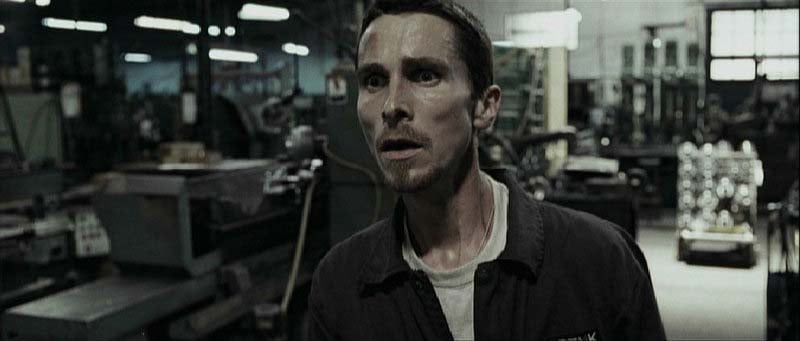
11. **Christian Bale (The Machinist)**Christian Bale is renowned for his extraordinary physical transformations, but his turn as Trevor Reznik in *The Machinist* remains perhaps his most startling and intense. To portray a man ravaged by severe insomnia and paranoia, Bale committed to a level of physical and psychological immersion that truly pushed the boundaries of human endurance.
Bale famously lost over 60 pounds for the role, reducing himself to a skeletal, almost emaciated figure that physically manifested Reznik’s torment. But the commitment didn’t stop there. He meticulously maintained that fragile psychological state throughout the entire grueling shoot, barely eating, isolating himself, and refusing to socialize. This was a deliberate effort to preserve the character’s profound sense of isolation and mental anguish.
The mental and physical toll of this dedication was immense. Bale pushed his body and mind to their absolute limits, blurring the lines between his own identity and the character’s suffering. His performance was not just about the external look; it was a deep dive into the internal chaos of a man on the brink.
What makes Bale’s commitment even more legendary is what came next. After embodying such a frail and tormented character, he then had to bulk up dramatically in a mere six months for his iconic role as Batman. This astonishing physical transition cemented his reputation as an actor willing to undergo extreme changes for his craft.

12. **Adrien Brody (The Pianist)**Rounding out our list is Adrien Brody’s profoundly moving and personally taxing portrayal of Władysław Szpilman, a Polish-Jewish classical pianist and Holocaust survivor, in Roman Polanski’s *The Pianist*. Brody didn’t merely play Szpilman; he undertook a radical personal transformation to truly understand and embody the immense suffering and resilience of his character.
To grasp the full weight of Szpilman’s experience, Brody made extraordinary sacrifices. He gave up his apartment, sold his car, disconnected his phone, and moved to Europe with just two suitcases, living in isolation. He drastically lost 30 pounds, mirroring Szpilman’s starvation, and spent hours each day learning to play Chopin. These were not simply acting techniques; they were a profound reordering of his personal reality.
Brody’s deep dive into deprivation and isolation allowed him to internalize Szpilman’s immense sense of loss, fear, and enduring spirit. The quiet desperation, the moments of profound humanity amidst horror – these were not just acted but lived, informing every nuance of his Oscar-winning performance. His emaciation and haunting eyes conveyed a truth that went beyond dialogue.
The emotional and psychological impact of this immersive experience was so intense that Brody later admitted it left him deeply depressed for over a year after filming concluded. This profound commitment, while earning him critical acclaim and the youngest ever Best Actor Oscar, also highlights the immense personal toll that such deep character immersion can take.
From scandalous downfalls that shook Hollywood to its core, to breathtaking transformations born from intense method acting, these stories reveal the incredible, often bizarre, ways an actor’s off-screen life intertwines with their on-screen roles. It’s a fascinating, sometimes shocking, reminder that the magic of movies and TV often comes from a place far deeper than just a script—it’s etched into the very fabric of the actors’ lives. So, the next time you’re captivated by a performance, remember: sometimes, for these incredible artists, no acting is required at all – it’s just raw, unfiltered life playing out for the world to see, making them truly unforgettable!


